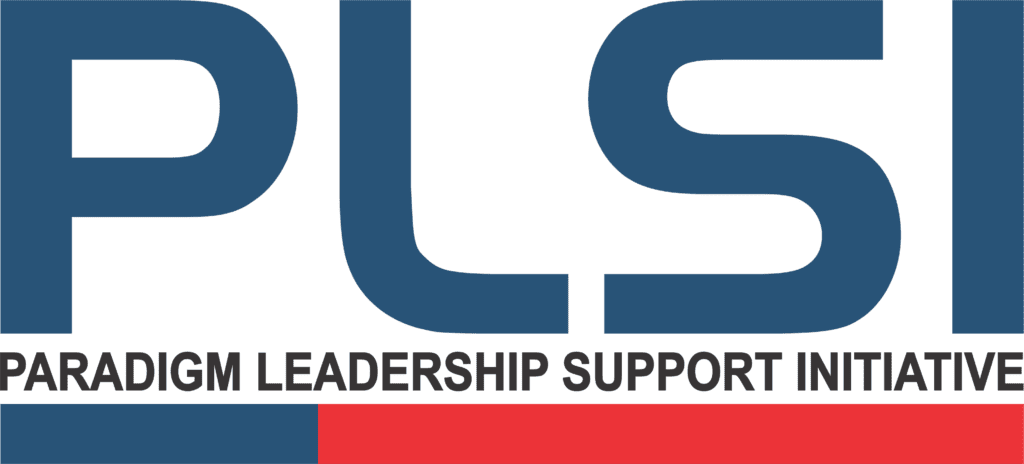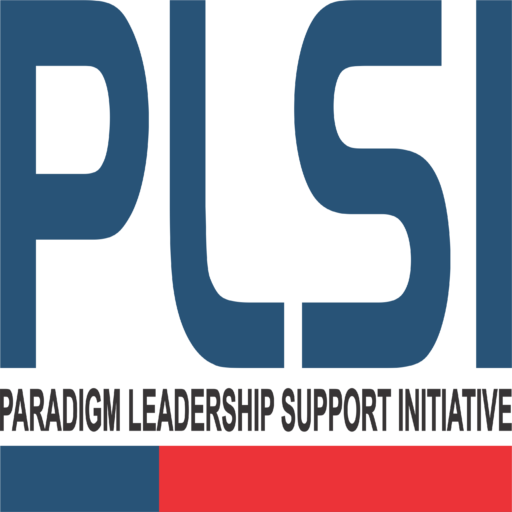Keynote Address Delivered by His Excellency, Rt. Hon. Aminu Waziri Tambuwal, CFR
Governor of Sokoto State and Chairman, Nigeria Governors’ Forum (NGF)
At the public presentation of the 2022 Subnational Audit Efficacy (SAE) Index Report
Abuja Continental Hotel, 1 Ladi Kwali Street, Wuse Zone 4, Abuja
Wednesday 29th March 2022
Protocols
I am happy to be here today at the public presentation of the 2022 Subnational Audit Efficacy (SAE) Index report. It provides an opportunity for us as subnationals to reflect on the progress we have made with reforming our audit environment and the improvements required for us to engender greater efficiency, effectiveness, and value for money in government expenditures.
This is particularly important as we grapple with the constrained fiscal space occasioned by economic shocks post-Covid, debt service payments, plateaued Internally generated Revenue (IGR) and a decline in monthly statutory revenues. This coupled with rising expenditure needs, public sector fraud, misappropriation and inefficient use of government resources has necessitated increased demand for enhanced and improved audit systems.
Over the years we have embarked on a series of reforms to strengthen Audit offices at both the State and Local Government level and have made significant progress working with the Federal Government, legislature, partners and our Auditors-General. These include improved quality of financial reporting and timely online publication of annual audited statements with over 15 States now reporting on IPSAS Accrual Basis. Similarly, States have begun embracing the culture of publishing citizens accountability reports- a citizen’s friendly version of the audited financial statements.
As at today, thirty (30) States have re-enacted improved audit laws that provide operational and financial autonomy to audit offices at State and Local Government, building on the provision of Sections 125 – 127 of the 1999 Constitution of the Federal Republic of Nigeria and in line with ISSAI – the Mexico Declaration on the Independence of Supreme Audit Institutions. Privileges extended to Auditors-General by the new audit laws include autonomy from the Executive and Legislature in the selection of audit issues, reporting, organizing and management of their office. Also, they are now guaranteed security of tenure with sufficiently long and fixed terms that should allow them to execute their mandate without fear of retaliation.
Like every institutional reform, persuading the necessary change management, and resourcing fully the expectation of the offices regarding human resources, materials and budgetary releases has come with its own challenges. It is no news that we sometimes get or generate far less than we have estimated as revenue and have had to ration the scarce resources between Ministries, Departments and Agencies (MDAs) of government and the developmental needs of the people.
Nonetheless, we remain resolute and undeterred in our quest to establish autonomous and strong audit institutions in our States. As is often said, to whom much is given, much is expected. We hope that as we strive within the limited fiscal resources of the State to prioritise increased releases to the audit offices and audit issues, such resources will be used judiciously in delivering their mandate professionally and assist government to achieve improved public expenditure management.
In addition, the Nigeria Governors’ Forum (NGF) under the World Bank assisted States Fiscal Transparency, Accountability and Sustainability (SFTAS) programme, is currently supporting the various audit offices to conduct institutional diagnostic assessments to inform more specific support interventions from the executive, legislature, and development partners. It is our expectation that these interventions can be integrated into short to medium term reform plans which we can adequately then budget for and collaboratively implement over the next 2 to 4 years.
Leveraging the NGF eLearning Management System (eLMS), the NGF Secretariat is working with partners to provide a series of self-paced online audit courses designed to fit our local context and support some of the capacity building needs emerging from that assessment. We encourage our audit offices to key into these various partnership opportunities, while amongst themselves as a body consider establishing regional centers of excellence on public audit at State and local government level.
On behalf of my colleagues, let me appreciate the Civil Society Organisations (CSOs) especially the Paradigm Leadership Support Initiative (PLSI) who have continued to engage government on ways we could improve audit practice. As always, I look forward to a true retrospection of the reform journey and constructive deliberations or recommendations on how we could do better in strengthening our audit offices and system.
I wish us all a fruitful deliberation.
Rt. Hon. Aminu Waziri Tambuwal, CFR
Chairman Nigeria Governors’ Forum
Governor of Sokoto State

